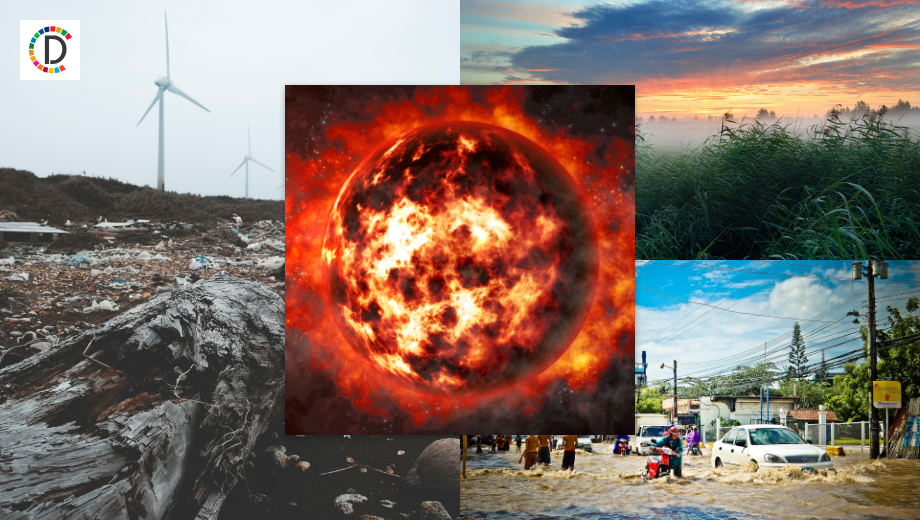Concern over nature loss surging in developing nations, online trends show
Reuters | Updated: 18-05-2021 04:31 IST | Created: 18-05-2021 04:31 IST
By Michael Taylor KUALA LUMPUR, May 18 (Thomson Reuters Foundation) - A wareness of nature loss and calls to address it are growing in developing nations, not just richer parts of the world, researchers said on Tuesday, urging governments and businesses to speed up efforts to make economies more eco-friendly.
Research by the Economist Intelligence Unit (EIU) analysed the popularity of nature loss and biodiversity terms and topics in Google search trends, social media mentions and news coverage in 54 countries covering about 80% of the world's population The study, which covered the period from 2016 to 2020, showed that Google searches on nature loss and biodiversity increased by 16% worldwide, driven by growth in Asia, with searches up 190% in India, Pakistan 88% and Indonesia 53%.
Marco Lambertini, director general of green group WWF International, which commissioned the research, said understanding of the problem had evolved. "It is no longer an issue related to care about nature but about the concern that nature loss is having an impact on people's livelihoods," he told the Thomson Reuters Foundation.
One million animal and plant species are at risk of extinction due to humankind's relentless pursuit of economic growth, scientists warned in a 2019 landmark report on the devastating impact of modern civilisation on the natural world. The world lost tropical forest equivalent to the size of California over a 13-year period, largely due to commercial farming, WWF said earlier this year, calling for COVID-19 recovery plans to revitalise conservation efforts.
"Until now, climate has been really dominating the news and the public debate, and nature not so much," said Lambertini. That is now changing as harm to nature - whether extinction, deforestation or over-fishing - rises as a concern, he noted.
The EIU research showed that nature-loss conversations on social media had grown, with annual nature-related posts on Twitter rising from 30 million in 2016 to 50 million in 2020. The trend was strongest in Latin America, where the number of Twitter messages soared by 136% between 2016 and 2019.
Major influencers - including political figures, celebrities and religious leaders - are using their platforms to amplify nature issues, with messages reaching a combined audience of almost 1 billion people worldwide. With that jump in concern, demand for change is increasing - and it is becoming an issue not just for consumers in high-income countries, as commonly thought, Lambertini said.
More than 159 million signatures for biodiversity-related campaigns have been collected since 2016, the study found. Lambertini pointed to an expansion of media coverage, social media and internet access as key drivers of the overall trend.
News coverage of the links between the coronavirus pandemic, wildlife and nature destruction, as well as reporting on forest fires, had highlighted how humans are impacting the planet, he added. Other studies have found that people have developed a deeper appreciation for nature due to COVID-19 lockdowns, said Antonia Kerle, the EIU's manager for public policy consulting.
Ahead of October's delayed U.N. biodiversity summit, Lambertini urged policymakers there to set new ambitious global goals on nature protection, similar to the 2015 Paris Agreement on climate. Fixing the ways the world supplies and consumes food to make them more sustainable will also be vital for businesses at July's U.N. Food Systems Summit, he added.
"Nature is the other side of the ecological crisis of today - climate and nature are interconnected but nature is far behind in terms of clarity on direction and targets," said Lambertini.
(This story has not been edited by Devdiscourse staff and is auto-generated from a syndicated feed.)
ALSO READ
Google rolls out May 2021 security update to Pixel devices
New Google Docs feature makes it easier to track edits made by multiple collaborators
Google for Education transformation reports now available globally
Geta Brătescu: Google Doodle to celebrate Romanian artist on her 95th birthday
Google to move to hybrid work week: Sundar Pichai
